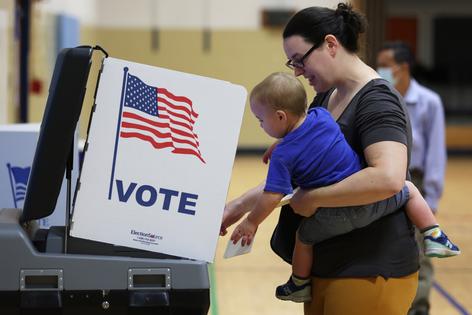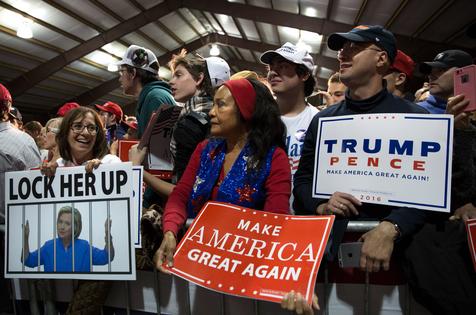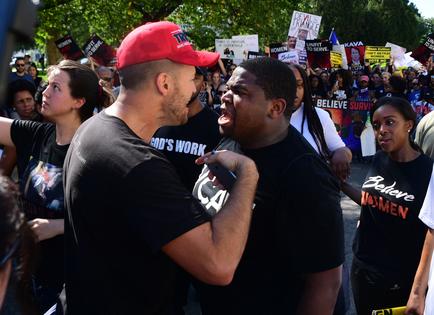Name-calling in politics grabs headlines, but voters don't like it – and it could backfire in the 2022 midterm elections
Published in Political News
Spending on political advertising is setting records in the midterm elections. But evidence shows that negative messages might discourage voters from casting ballots altogether.
As the 2022 midterms get closer, political attacks in campaign advertisements are on the rise.
In November, Rep. Paul Gosar shared an anime cartoon video showing him physically attacking Rep. Alexandria Ocasio-Cortez, a Democrat, and President Joe Biden.
That same month, Rep. Ilhan Omar called her Republican colleague Rep. Lauren Boebert a buffoon and a bigot on Twitter. Even the official White House Twitter account has gotten in on the politically divisive action, making recent headlines when it snapped back in August 2022 at several Republican members of Congress who criticized the Paycheck Protection Program – after they themselves had their loans forgiven.
Uncivil messages by politicians have become more and more common in the last decade. Political attacks are now a regular occurrence in an increasingly polarized political environment, encouraging voters to get mad and plan to vote ahead of Election Day in November.
But that doesn’t mean these kinds of advertisements and personal attacks actually work.
I study political marketing and, as a former campaign manager and political consultant, have seen politicians use uncivil strategies firsthand with the hopes of getting themselves elected. My research on political advertising suggests that highly polarized communications could be losing their persuasive power and can even backfire in the upcoming midterms, hurting a candidate’s chances.
My research shows that political ads and language do indeed put people in a negative mood. Even simply asking voters to think about politics is enough to get them angry. This negativity is amplified if an ad specifically attacks an opposing candidate.
There is also evidence that this anger carries over to voting behavior. Data from U.S. elections from 2000 to 2012 shows that negative political TV commercials make people less likely to vote for the attacked politician, but also make people less likely to vote in general.
Politicians tend to use less negative, polarizing advertising on social media compared to their advertising on television, however. This might be because social media attracts a smaller, more targeted audience, and perhaps candidates fear that these kinds of tactics could demobilize supporters.
...continued













Comments